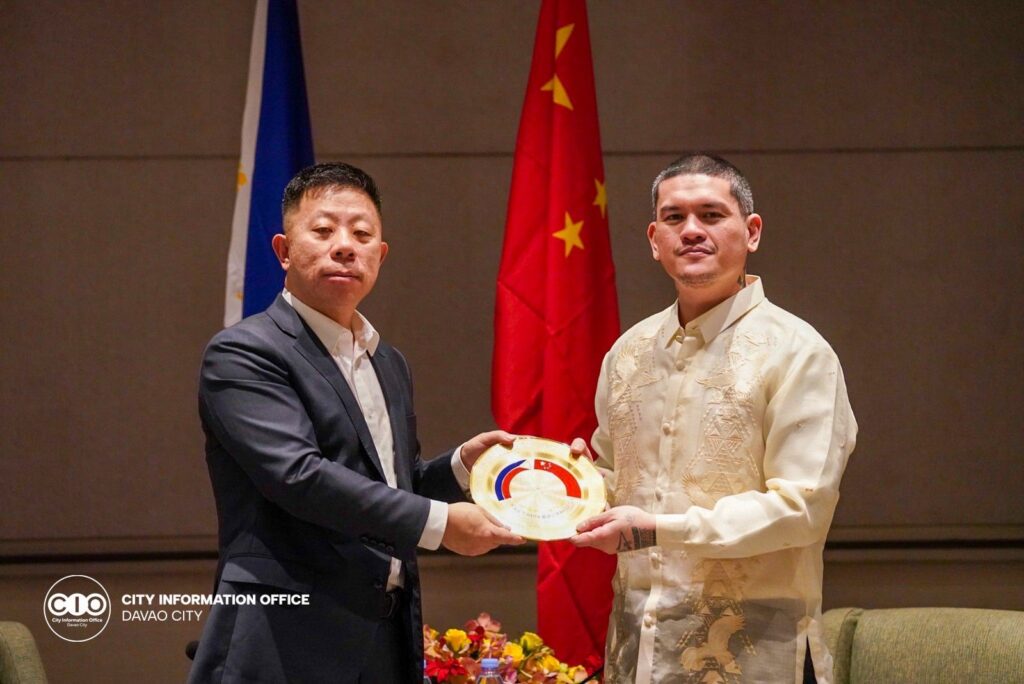The Department of Environment and Natural Resources (DENR) is supposed to protect the environment, which means it has to be a good steward of land sea and air, defender of ancestral domains and protector of the forests, which means it should stop lawyering for corporate interests.
It has no business keeping the status quo at the King Ranch in Palawan or allowing mining firms to destroy the land where farmers live and work or permit the conversion of arable land into commercial centers, industrial parks, cemeteries and eco-tourism sites. In fact, DENR should throw the books at erring corporations as it is mandated by law to monitor polluting industries, from mining to quarrying, logging and manufacturing, and compel them to abide by environmental laws.
Yet, the DENR has seen it fit to cut a 25-year Integrated Forest Management Agreement (IFMA) with Hacienda Asia Plantations, Inc. (HAPI) in 2009, giving the company, which is a joint venture between Alfred Joseph Araneta and Sirawai Plywood and Lumber Corp. (SPLC), a corporation wholly owned by the Consunji family through D. M. Consunji, Inc. (DMCI) and headed by Luz Consuelo Consunji, complete control over 6,652 hectares of forests in Barangays Gatuslao, Agboy and Payawan in Candoni. An IFMA is supposed to be an agreement between the state and private parties to undertake forest conservation measures. In the Candoni case, the forests were not completely logged over by the US firm Insular Lumber, and HAPI executives claim the land has not been utilized for 60 years. So, it will be private exploitation of public land, a bad sign for a country that used to limit individual and corporate ownership of land to only 1,024 hectares.
However, forests are supposed to be inalienable, and about 4,000 hectares out of the 6,652 hectares of the IFMA are populated by indigenous people (IP) who have planted palay, corn and other crops for their sustenance. The IP leaders in the area have said that they have already petitioned for the issuance of a Certificate of Ancestral Domain Title (CADT) over the land under Republic Act No. 8371, otherwise known as the Indigenous Peoples Rights Act (IPRA.) They have every right to seek the CADT. An IFMA should not be regarded as superior to the provisions of IPRA. It does not bestow a vested right for Araneta of the DMCI to have a title over a forest and convert it into a plantation, which is exactly what they have been doing.
HAPI and DMCI are not authorized by law or common sense to change their forestry management contract into a deal to establish a palm oil plantation in the 6,652-hectare forest. Yet, Candoni Mayor Rey Ruiz, Araneta and the Consunjis believe they can dictate what the classification should be, and by doing so, no one should stand in their way. They only talk about palm oil and its benefits to the municipal coffers, the kitty of HAPI and the deep pockets of DMCI. The Consunjis have been roundly criticized for the Lake Sebu massacre in December 2017, where eight T’boli and Dulagan Manobo farmers were murdered by Army troops in Lake Sebu, So. Cotabato. Lake Sebu is the culture center of the T’boli but DMCI ventured deep into the town to cultivate coffee while perhaps gunning after coal or manganese deposits.
Like the T’boli and the Manobo, the people of the three barangays in Candoni, Negros Occidental are standing pat in their opposition to the palm oil plantation said to cost an initial P2-billion. Their lawyers wouldn’t budge and are not ready to throw in the towel. The Kilusang Magbubukid ng Pilipinas-Negros Occidental (KMP-Negros Occidental) has condemned the mysterious reclassification of the forest land into agricultural land. Moreover, no one has a title to it as the state owns the land, not Araneta, not the DENR and certainly not DMCI. The DMCI company that is part of the venture is a plywood and lumber company and there is no guarantee that the Consunjis would not continue logging operations in the 6,652-hectare IFMA area.
Palm oil is not even the best cooking oil in the universe. In Malaysia, critics have condemned palm oil plantations for being responsible for 60% of the country’s deforestation. In Indonesia, another key palm oil producer, those plantations have destroyed 16% of the country’s forests. Indonesia and Malaysia produce 80% of the world’s palm oil supply, with Nigeria and Colombia producing the balance. One former top Department of Agriculture (DA) official did not want palm oil plantations, claiming that unlike coconut oil, palm oil has high saturated fat content that raises LDL cholesterol levels that cause cardiovascular disease. Coconut trees have many uses while palm oil trees must be chopped down after their fecundity ends. They cannot be used as lumber, yet the World Bank (WB) encouraged developing countries to establish more palm oil plantations.
Greenpeace has also slammed palm oil for five reasons. First, it has been disastrous for the world’s forests, with around 24 million hectares destroyed in Indonesia between 1990 and 2015, which is about the size of the United Kingdom. Second, the world has been using too much and many palm oil plantations are simply not sustainable. Third, palm oil is devastating the world’s wildlife with plantations wiping out critical habitat for animals. Half of the Bornean orangutan population has been wiped out in just 16 years. More than 75% of Indonesia’s Tesso Nilo national park, home to tigers, orangutans and elephants, has been converted into illegal palm oil plantations. Worldwide, 193 critically endangered, threatened and vulnerable species are threatened by palm oil production. Fourth, “certified sustainable” palm oil is a con. The industry set up the Roundtable on Sustainable Palm Oil (RSPO) to certify Indonesian and Malaysian palm oil brands as “sustainable.” Greenpeace says RSPO members still burn forests to make way for palm oil plantations. Fifth, palm oil manufacturers vowed to end deforestation by 2020. It is already 2024 and Indonesia is still ablaze as palm oil plantations expand. Now, DMCI, Araneta and HAPI are joining the fun. There should be a transom in their corporate mind.




